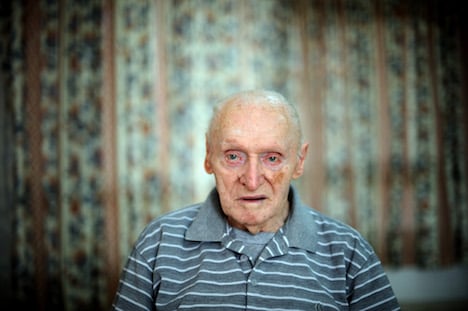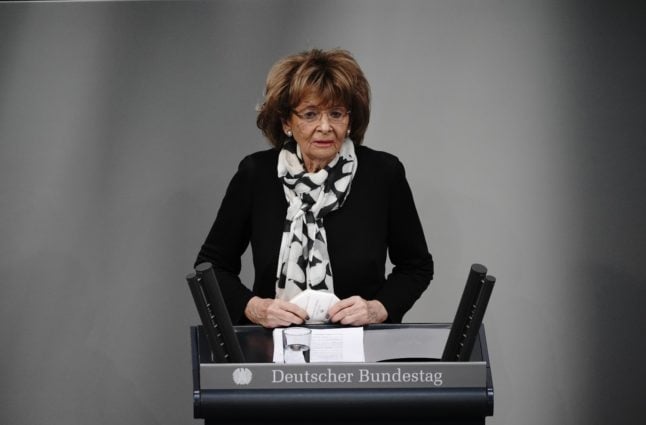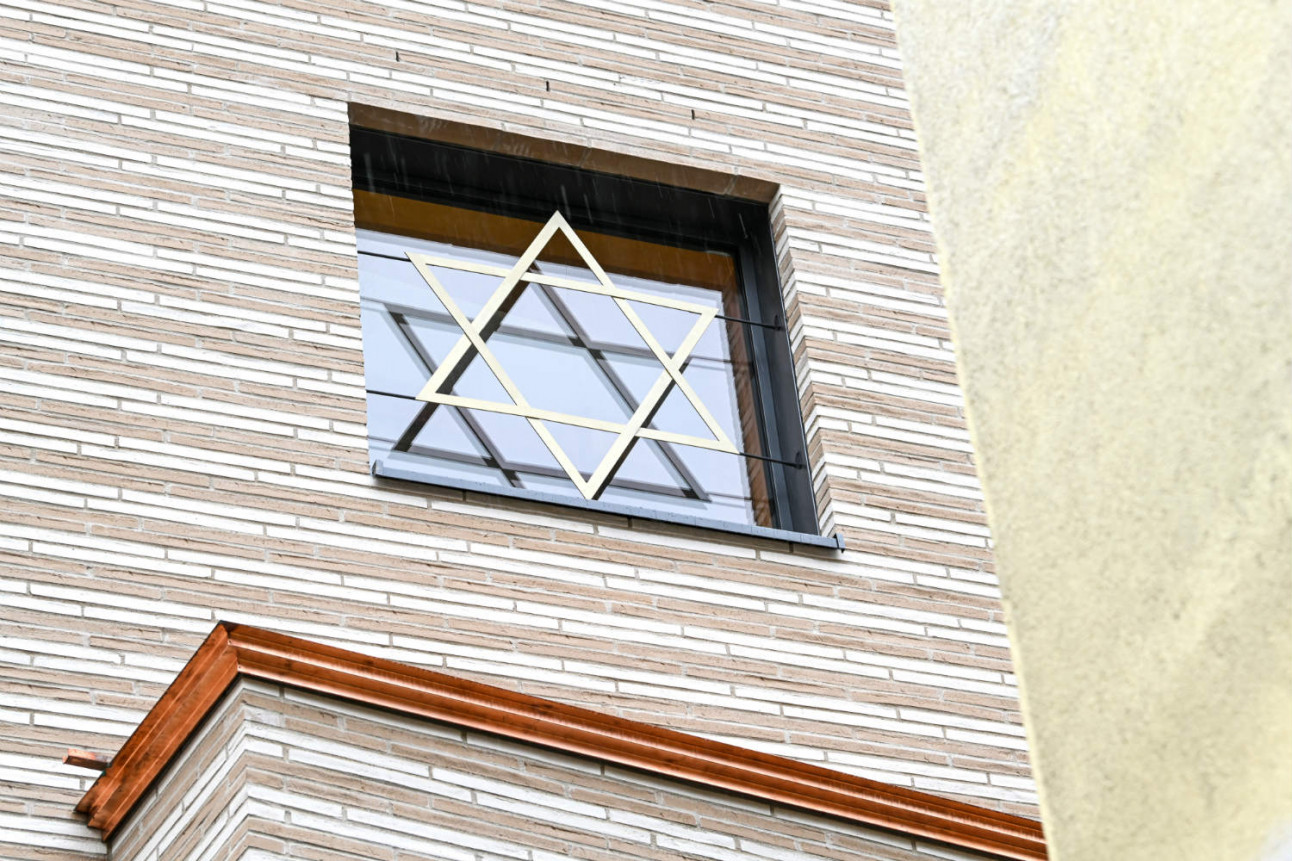The scandal erupted in February when the prosecutor's office in the southern city of Graz decided to drop its case against a right-wing magazine, which had described detainees freed from the Mauthausen concentration camp in 1945 as “mass murderers” and “a plague”.
In an article published last summer, Aula magazine wrote: “The fact that a significant number of liberated prisoners from Mauthausen wreaked havoc on the population is considered proven by the courts and only concentration camp fetishists contest this today”.
Prosecutors in Graz launched an investigation for incitement of hatred, but unexpectedly announced last month that they would not pursue the case.
It was “understandable”, they argued, that the release of several thousand people — including potential “criminals” — had posed a “nuisance” to locals.

Soviet prisoners at the liberation of Mauthausen. Photo: US Military Tribunal
The statement unleashed a storm of criticism, with the justice ministry calling the decision “incomprehensible”.
As a result, new judges and prosecutors will now be required to complete a 20th-century history module as part of their training.
The course, which will heavily focus on Austria under the Nazi regime, will include a visit to the Mauthausen camp, where 200,000 people were incarcerated between 1938 and 1945.
Nearly half of them died — through disease or being beaten, gassed, shot or worked to death in granite quarries and armament factories.




 Please whitelist us to continue reading.
Please whitelist us to continue reading.